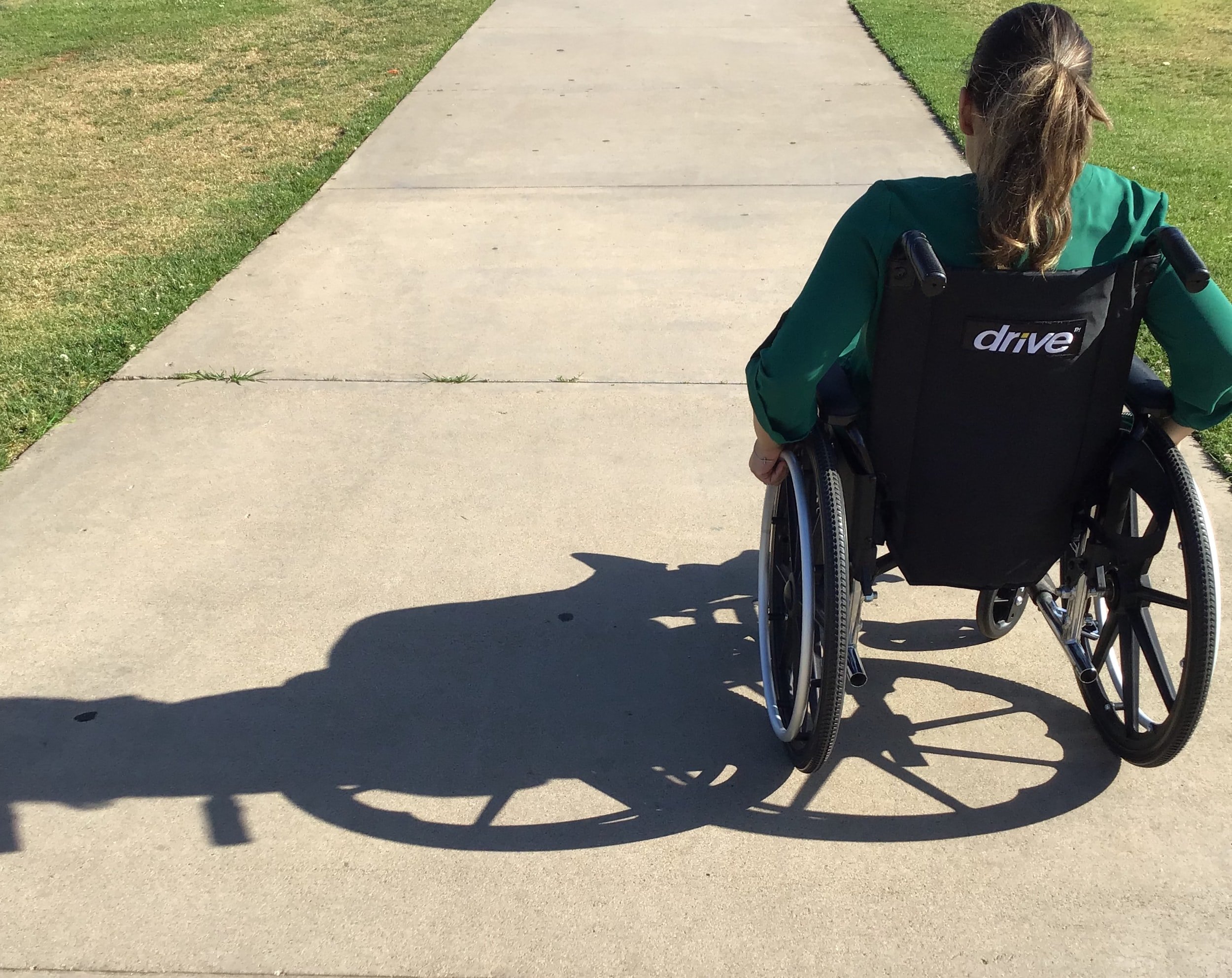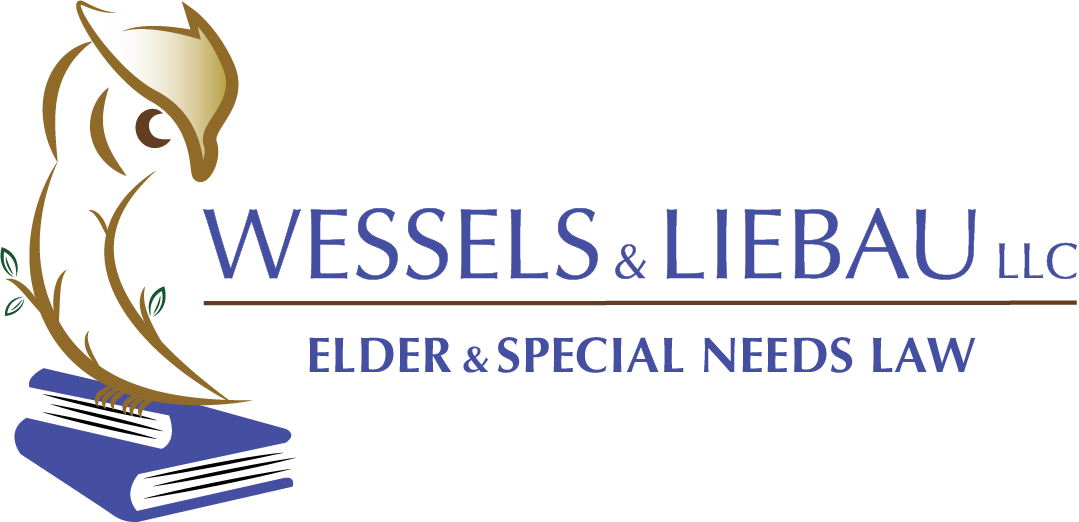
Special Needs Planning
Special Needs Trusts and Special Needs Planning
Creating an estate plan where one or more beneficiaries has a disability requires a special type of estate plan.
This may mean making sure that the disabled beneficiary’s inheritance passes to a special needs trust. A well-functioning special needs trusts requires the assistance of an attorney who understands public benefits and special needs trust administration. Some types of assets are better to place in a special needs trust than others. There can also be tax advantages to directing certain assets to a special needs trust.
We can also explain the interplay between special needs trusts and ABLE accounts, and whether an individual may benefit from having an ABLE account in addition to a special needs trust.
Estate Planning for Individuals with Disabilities
Many people with disabilities are able to – and definitely should – execute their own powers of attorney and other estate planning documents.
Many individuals with cognitive diversity such as Down Syndrome, autism, Aspergers' or developmental differences can create their own estate plans such as powers of attorney, wills, and self-directed supports. We meet individually with each person to make sure it is appropriate to do estate planning given the person's abilities and understanding. Supported decision-making is a process that can aid with maintaining one's independence. It can be used in conjunction with powers of attorney or with a guardianship. Legally, guardianship is a last resort only when these other options are not available.
Disability-Related Benefits
Clients who receive some form of disability-based benefit often need assistance with obtaining and then preserving their eligibility.
This includes cases where a benefit is incorrectly terminated, or where a person with disabilities receives an inheritance or personal injury settlement and needs to take steps to make sure not to lose benefits. Sometimes, as laws change, additional steps must be taken to retain existing benefits. This also involves decoding the “alphabet soup” of public benefits: Supplemental Security Income (SSI), Social Security Disability Income (SSDI), Medicare, Medicaid, and other sorts of benefits.
Guardianship and Supported-Decision-Making Agreements
Having a disability does not automatically mean a guardianship is required.
However, when someone does not have sufficient capacity to sign powers of attorney, or in cases where powers of attorney have been misused, we do assist with the guardianship process. We explain the process, and guide clients through the required court proceedings.

